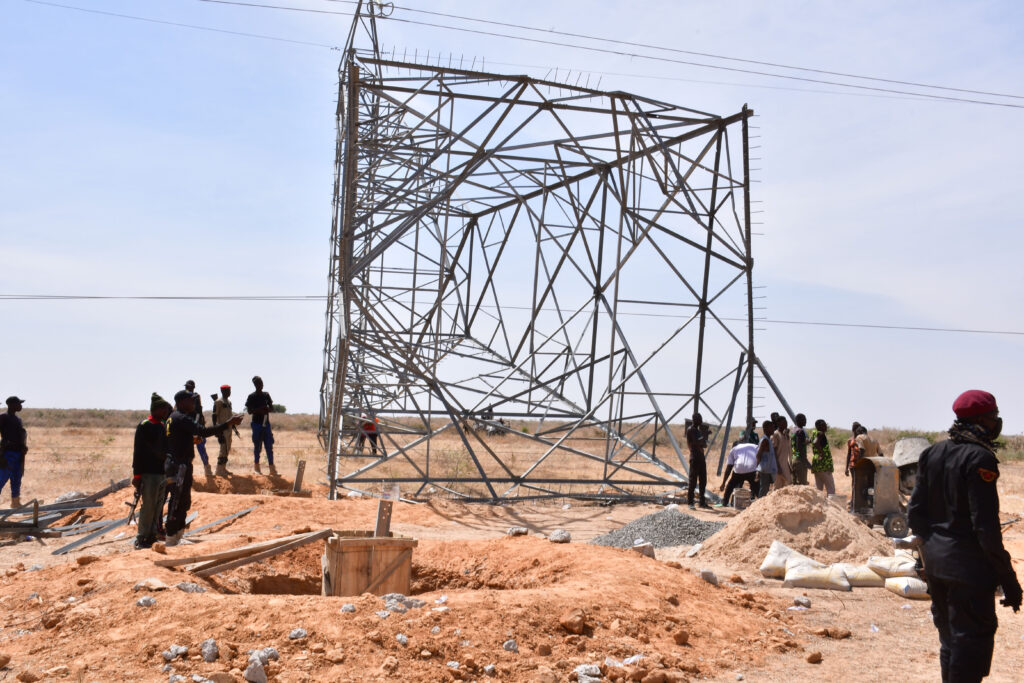ADF STAFF
Moustapha was running out of hope. The Nigerien man had a family to feed but little means to do so.
Like scores of people around the continent, he was persuaded to join and fight for a violent extremist organization.
“I joined because I felt frustrated with the conditions of everyday life, the life that I led,” Moustapha said in a 2023 United Nations Development Programme (UNDP) report. “I was so poor and vulnerable, with a family to take care of.”
It is a common refrain among people who join terrorist groups in the Sahel region, which has emerged as one of the world’s new epicenters for violent extremism.
Around the continent, groups such as al-Shabaab, Ansaroul Islam, Boko Haram, Islamic State Sahel, Islamic State West Africa Province (ISWAP) and Jama’at Nusrat al-Islam wal Muslimeen, or JNIM, are expanding their reach. In areas with weak security, they take control of major roads, deliver brutal justice and collect taxes from local businesses.
In Borno State, Nigeria, Boko Haram is accused of intentionally targeting markets, trade routes and infrastructure to crush the local economy. As of 2019, markets were closed in 16 of the state’s 27 local government areas, and about 80% of farmers did not have access to their preferred markets, according to a 2019 UNDP report.
That report calculated the economic cost of terrorism in Africa to be at least $119 billion from 2007 to 2016. But the total is much higher when factors such as extra security, refugee costs and lost informal economic activity are accounted for. Libya, Mali, Nigeria and Somalia — the four countries considered to be Africa’s epicenter for violent extremism — accounted for $103 billion, or 94%, of the total.
“The deterioration in economic growth and development from violent extremism can contribute to a vicious cycle where particular drivers and grievances increase,” the report said. “Lower economic performance combined with social and political fragmentation in a vulnerable context can contribute to the deterioration of peace.”
The Multinational Joint Task Force, a mission to bring peace to the Lake Chad Basin that includes troops from Benin, Cameroon, Chad, Niger and Nigeria, has had recent success. In mid-March, the task force announced that it had apprehended more than 900 suspected Boko Haram and ISWAP family members and collaborators along the Niger-Nigeria border.
Both groups are still thriving, however, and indiscriminate attacks remain common.
Less than a week later, Boko Haram killed at least 37 Nigerian fishermen near the town of Dikwa in Borno State. The fishermen were sorting their catch on a riverbank when they were ambushed.
“The terrorists pursued the fishermen as they tried to flee, shooting them dead but three managed to escape and alerted Dikwa [authorities] about the attack,” militia member Umar Ari told Agence France-Presse.
Some analysts say that military approaches to stop extremist violence do not seem to be working. In February, more than 50 Burkina Faso Army Soldiers were killed in a brazen attack by an IS-linked group in the Sahel region’s Oudalan province.
“The struggle for state forces to avoid deadly attacks, especially such an ambush against convoys, is a major concern since it comes at a time where the state is trying to assert its presence and chase [terrorists] out from areas they control,” Rida Lyammouri, senior fellow at the Policy Center for the New South, a Morocco-based think tank, told France 24.
“If convoys are repeatedly targeted, recovering territories and providing protection for civilians is going to take a very long time and going to be deadly,” Lyammouri added.

